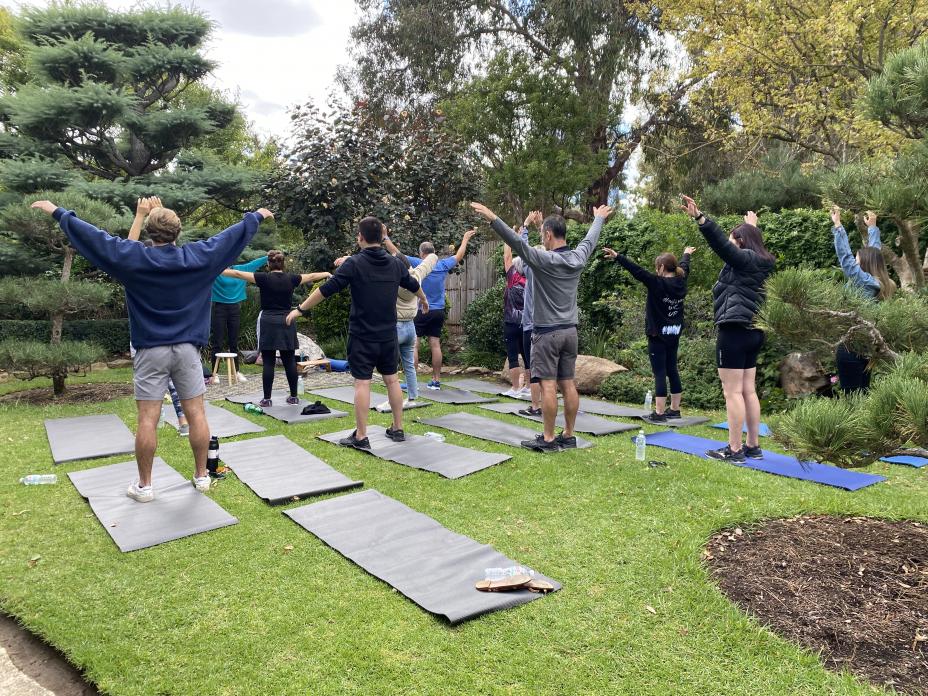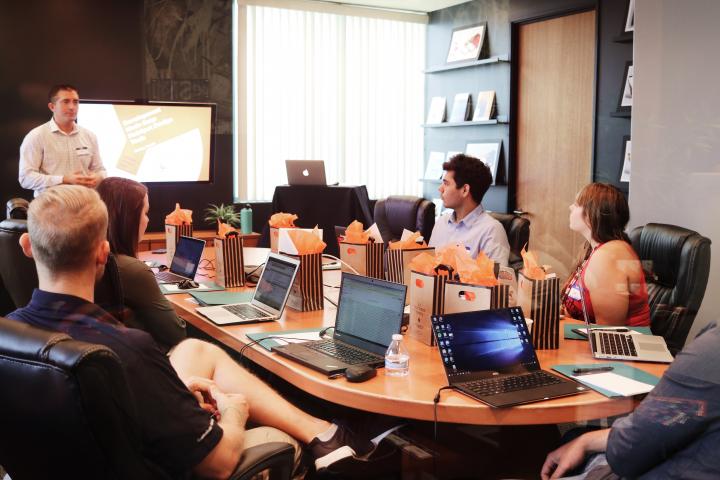Shifting the ethos from client-first to team-first: Pisani Group
Find out how the Director of the Pisani Group changed his approach to wellbeing after experiencing burnout first hand.
- Financial and Insurance Services
- SA

- COVID-19 placed unprecedented stress on the Pisani Group (a South Australian accounting firm), with people working long hours with increased demands.
- Director, Stephen Pisani, felt the effects of this first hand and sought advice to reassess the organisation’s approach and invest in worker wellbeing.
- The Pisani Group implemented wellbeing initiatives, including wellbeing meetings, educational practices and additional leave for workers to actively manage their mental health and wellbeing.
- It was important for leadership to embrace wellbeing and actively engage with the initiatives (e.g. participating in workshops, utilising leave) to empower staff to do the same.


